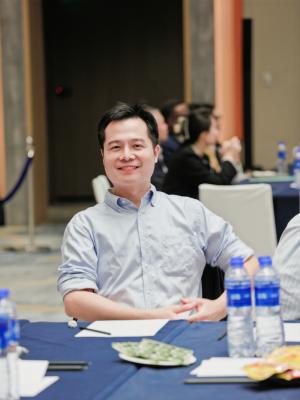In June 1926, Shanghai cotton mill workers staged strikes at Japanese-owned factories (Naigai Wata Kaisha) in Xiaoshadu, the western area of Shanghai, protesting the dismissal of workers accused of arson in the workshop. The Chinese Communist Party (CCP) recognized that Chinese workers’ actions should be aligned with their labour movement strategy and tried to control the scale of the strikes. In August, responding to an incident where Japanese sailors killed a Chinese man, the CCP redirected its strategy to launch a large-scale combined strike, catering to Chinese labourers’ demands of Japanese employers, but not accounting for practical market conditions at that time. This research reveals that dissidence in leadership, weaknesses in grassroots organizations, and unrealized alliances made it rather hard for the Communists to lead the summer strike. Contrarily, the cotton workers coerced the Communists and their controlled labour unions to maximize their benefits. By mid-September, the attempted strike had failed, causing a serious setback for the Communist organization in Shanghai. Compared to the CCP’s improvisation and vacillation, the Japanese capitalists took advantage of the favourable economic climate of 1926 to launch their countermeasures in, ultimately took the initiative in handling the Communists and workers.
The ANU China Seminar Series is supported by the Australian Centre on China in the World at ANU College of Asia and the Pacific.
Event Speakers

